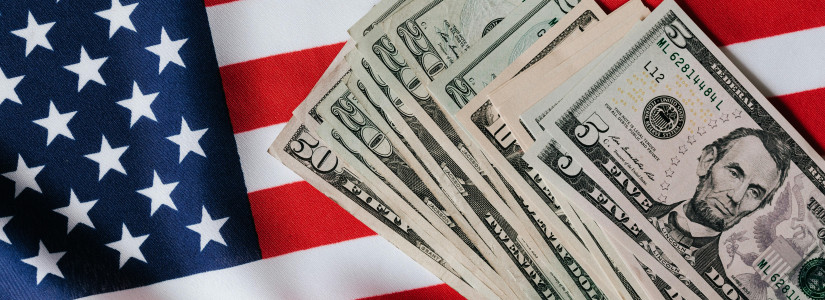Where Prices Are Dropping: Groceries, Used Cars, and More as Inflation Slows

Good news for your wallet – inflation is finally showing signs of easing up, and some everyday items are starting to get cheaper.
While rising prices have been a strain for many households, recent reports indicate a cooldown in certain sectors.
Here’s a look at where you might see some relief.
Used Cars Are Becoming More Affordable
After years of soaring prices, used car costs are finally dropping.
According to recent data, the average price of a used vehicle has seen a noticeable decrease, offering potential savings for those in the market.
The pandemic-driven demand for cars may be leveling off, making now a good time to buy if you’ve been holding off.
You can browse the latest used car prices at Edmunds.
If you’re considering buying a car, now could be the time to explore government programs like low-interest auto loans offered through the Federal Credit Union.
Don't miss: Exploring Low-Interest Auto Loans Through Federal Credit Unions: A Smart Move Amid Inflation
These can help you finance your purchase at lower rates.
Grocery Prices Are Starting to Dip
If you’ve been feeling the pinch at the grocery store, you’re not alone.
However, prices on certain food items are beginning to come down.
Staples like eggs and dairy have become more affordable, giving families a bit of breathing room.
For example, grocery chains like Aldi have been lowering prices on select items.
While not every item has seen a decrease, it's a step in the right direction for consumers.
In addition to price drops, programs like SNAP (Supplemental Nutrition Assistance Program) can help offset grocery costs. SNAP provides monthly benefits for eligible individuals and families, making it easier to afford nutritious food.
To see if you qualify, visit SNAP Benefits.
Fuel Costs Offer Some Relief
Gas prices, which spiked earlier this year, are also trending downward.
While fuel costs are still higher than pre-pandemic levels, the drop is noticeable for drivers.
You can track fuel prices near you with resources like GasBuddy.
For those struggling with transportation costs, LIHEAP (Low Income Home Energy Assistance Program) provides assistance with utility bills, which can free up money for gas and other needs.
Learn more at LIHEAP.
Other Categories to Watch
Clothing and home goods have seen mixed results, with some items becoming more budget-friendly.
However, experts recommend keeping an eye on the broader economy for additional areas of price relief.
The cooling of inflation might not solve everything overnight, but these changes offer hope for consumers looking to stretch their budgets.
Beyond falling prices, the federal government has programs in place to help Americans during times of economic uncertainty.
The Earned Income Tax Credit (EITC) offers tax relief for low to moderate-income families, and Medicaid can help cover healthcare costs for those who qualify.
You can find more information on these programs at USA.gov.
While inflation is still higher than many would like, the cooling trends and available benefits can provide significant relief.
Make sure to take advantage of government assistance programs to maximize your savings and manage the rising cost of living.
Previous article: SNAP Benefits Just Got a Boost—Learn About the New Age and Work Requirements
-
At InflationRelief.net, we're committed to helping you navigate life’s financial challenges.
From breaking down health myths to optimizing your retirement savings, we offer fresh, practical content every day.
Keep exploring for tips and insights to help you live your best life!
Related Articles
Stay ahead of the curve











